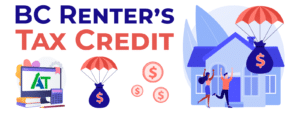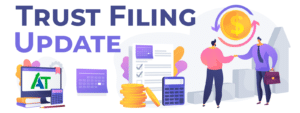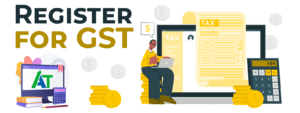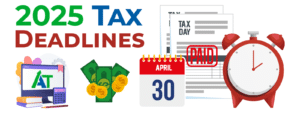BC Renter’s Tax Credit
A Guide to the BC Renter’s Tax Credit You may have heard of the BC[Read More]
16
Mar
Mar
RRSP Tax Deduction
How Does the RRSP Tax Deduction Work for Canadian Income Tax Setting up an RRSP,[Read More]
21
Feb
Feb
Updates to Trust Reporting
Here’s What You Need to Know About the New Trust Reporting Requirements for T3 Returns[Read More]
09
Feb
Feb
How to Get a GST Number in Canada
Our Guide on How to Get a GST Number in Canada For businesses in Canada[Read More]
29
Jan
Jan
Canada Tax Guide & Deadlines
Canada Tax Guide for Filing & Deadlines in 2025 Table of Contents Canada Tax Guide[Read More]
03
Jan
Jan





